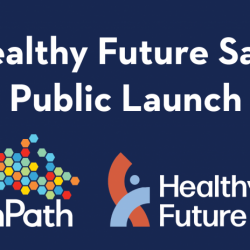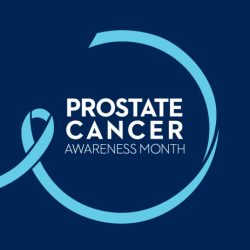New Research Report — Current Management and Health Care use for People with Osteoarthritis
Congratulations to Dr. Cheryl Kozey and team on their completed study and new report, Current Management and Health Care Use for People with Osteoarthritis. The team used existing data from Atlantic PATH to examine self-reported characteristics of people living with and without osteoarthritis in all three Maritime Provinces (New Brunswick, Nova Scotia and Prince Edward Island). The Atlantic PATH data for Nova Scotians was then linked to administrative data, accessed through Health Data Nova Scotia, in order to identify trends in health care use by Nova Scotians with and without osteoarthritis. A copy of the summary report can be found here: https://mssu.ca/wp-content/uploads/2023/02/OA-Maritimes-Summary-Report_2023-02-10.pdf An infographic characterizing the the participants and findings can be found here: https://mssu.ca/wp-content/uploads/2023/02/OA-Maritimes-Infographic.pdf








